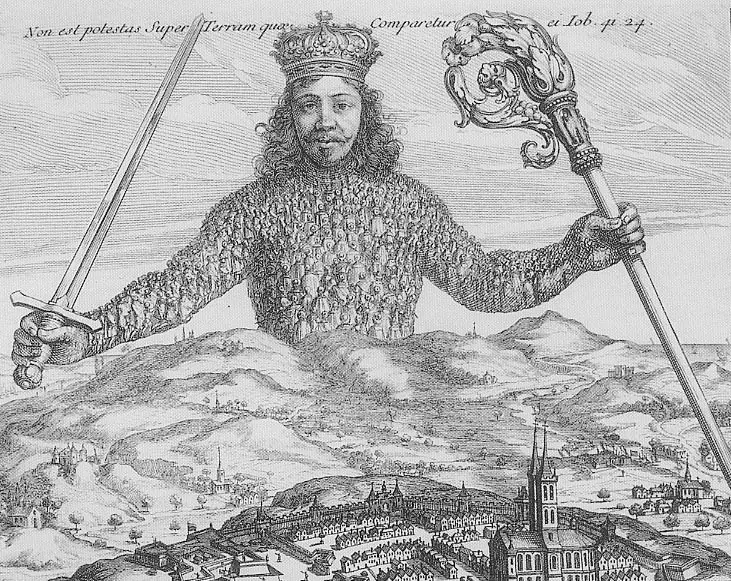– James Eiler

This year, LockeSmith considers the necessary components of a liberal society, and how to protect them under pressure from illiberal ideas and actors. Of course, we are all familiar at some level with the institutions necessary for the preservation and propagation of liberty. A free and open market, legal guarantees of individual rights, and guaranteed protections for personal and commercial property are all at some level understood by most of us to be vital prerequisites for the existence of meaningful freedom. However, in considering how to preserve these institutions, we must also address the deeper components, precursors to precursors, within a society’s culture that enable the formulation and preservation of these institutions. It is not enough, for instance, for there to simply be private property rights, especially if those rights did not arise indigenously, but rather were imposed externally. Rather, such preconditions must arise from a society’s recognition of their importance and support for their existence. Fundamentally, this is the result of a society’s conception of the individual and the individual’s relationship to the wider social group. One can divide the societal conceptions of the individual into two broad camps. Namely, the collective, or organic, one, and the atomistic one. The former inevitably leads to the degradation of human freedom and the latter is a necessary component, although not always a sufficient one, for human flourishing.
The modern division between the two main conceptions of society took shape in the nineteenth century, with the formalization of the atomistic individual and the invention of the modern idea of the organic state. The former was the product of the liberal thinkings who, starting in the eighteenth century, began to outline the rights of the individual as deriving not from the state or from other people, but from some ultimate source, be it nature, god, or, later, human biology. Yet that very notion of human biology, newly emphasized as part of the emerging concept of Social Darwinism, also contributed to the development of the concept of society as an organism, with individuals within it as constituent cells. In this view, individuals have no inherent rights of their own, and the primary moral end is the interests of society. Generally, those who hold such positions do argue that the interests of society align with the ultimate interests of its components. However, in assigning a particular interest to a conceived societal organism, and then mapping those interests on individuals within that society,
If one thinks that the individual is nothing more than a component of a social organism, it becomes much easier for one to support measures that detract from individual liberty. Almost axiomatically, one can only maximize one thing at a time, and if one maximizes some imagined social good, one necessarily de-priorities individual liberty. If one, for instance, believes that economic equality is to the benefit of society, then one will pursue redistribution measures that will necessarily reduce individual economic freedom. Further, an organic view of society can promote ideas that are simply directly opposed to individual interests. Particularly when society is conceived of as the embodiment of the nation, efforts to “strengthen” that nation can entail extreme violations of individual liberty to the end of great projects meant to advance ideological goals.
Conversely, an atomistic view of the individual in relation to society necessarily entails the prioritization of individual interests. If one views the individual as the primary element of moral worth, one must necessarily view the benefit, or rather the interests, of the individual to be the primary end. Of course, such a view can be taken to utilitarian ends, and one could argue that liberty should be violated in order to ensure that individuals are forced to follow their own true interests. However, such conclusions rely on a misconception of individual interest. Who are we to say what a given person’s interests are? How can we say that a particular result would suit one person more than another? Of course, some exceptions likely have to be made for gross information asymmetries, for children, and potentially instances where the individual is not in possession of a sound mind. However, in most cases, we must accept an ignorance of the interests of others, and so must allow them to pursue their own ends.
For a society to be liberal, it must retain this atomistic conception of the individual. That does not mean that each person must view themselves as entirely alone, without social connections, but rather that members of the society understand that each individual person is an end unto themselves, and thus that each individual has, generally, a right to pursue their own ends as long as in doing so they do not coercively prevent others from doing the same. Once the idea of society as an end unto itself begins to take root, supposedly unshakeable institutions meant to preserve individual liberty will soon find themselves impotent, as they only hold power so long as they are supported.

